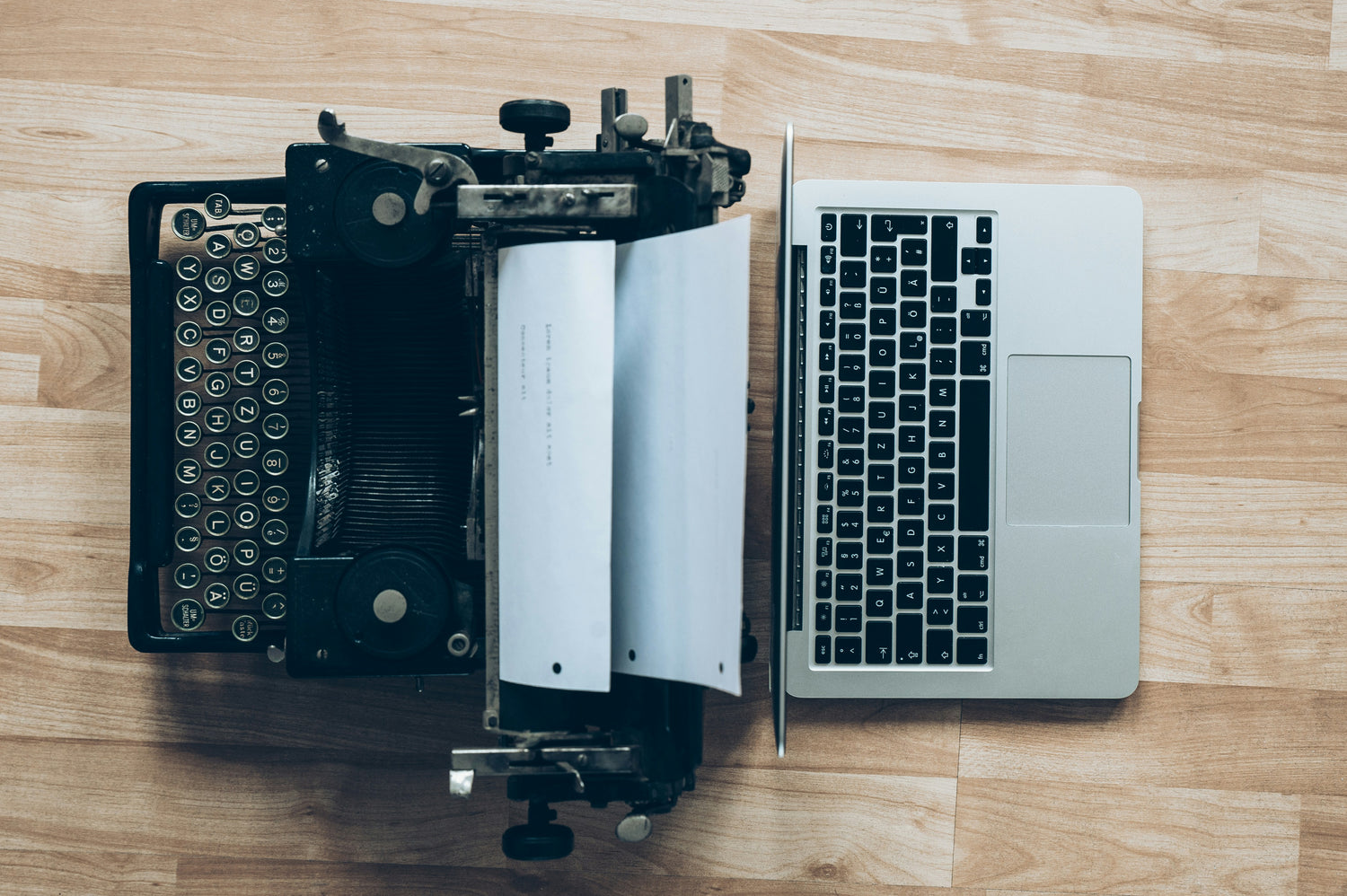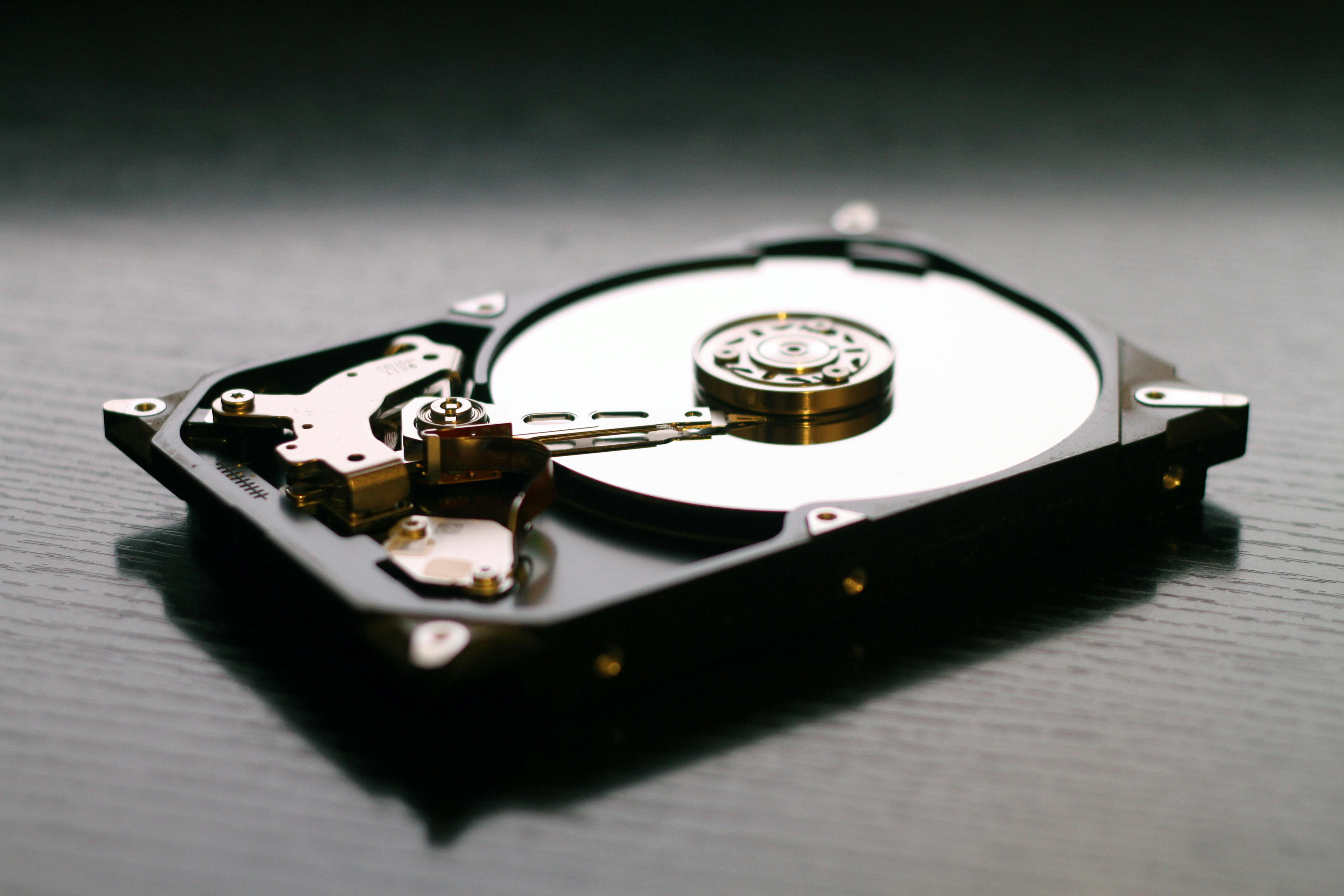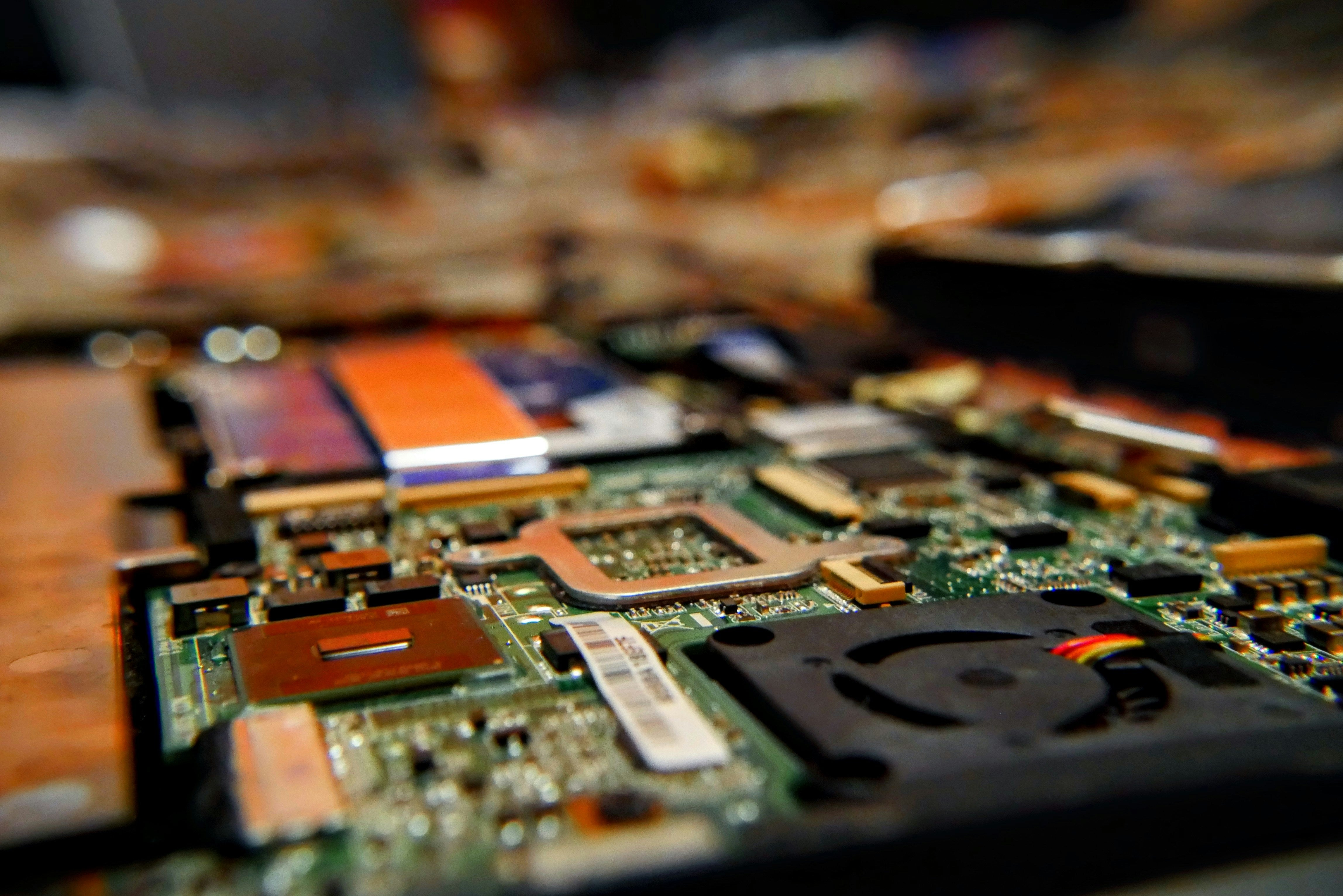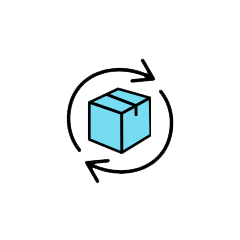As time marches on, you may find yourself grappling with a common frustration: a noticeable slowdown in your laptop's performance. From sluggish boot times to laggy applications, these symptoms can hinder productivity and test even the most patient users. But before you resign yourself to the inevitability of a sluggish laptop, let's delve deeper into the age-old question: do laptops get slower with age? In this insightful guide, we'll unravel the mysteries of performance degradation in laptops, dispel common misconceptions, and equip you with practical solutions to reclaim the speed and efficiency of your device. Whether you're a seasoned tech enthusiast or a casual user, understanding the factors influencing laptop performance is essential for maximizing productivity and getting the most out of your device. So, let's embark on this journey together and uncover the secrets to keeping your laptop running smoothly for years to come.
Understanding Performance Degradation in Laptops
While it's natural for laptops to experience some decline in performance over time, several factors can contribute to this phenomenon:
-
Hardware Aging: Like any electronic device, the internal components of a laptop can degrade over time due to factors such as heat, dust accumulation, and electrical wear. Components such as the CPU, RAM, and storage drive may not operate as efficiently as they did when the laptop was new, leading to slower processing speeds and longer load times.
-
Software Updates and Bloatware: As software applications and operating systems evolve, they often become more resource-intensive, requiring additional processing power and memory to run smoothly. Installing software updates and accumulating bloatware—a term used to describe unnecessary or resource-hungry programs—can bog down your laptop's performance over time, especially if the hardware is not equipped to handle the increased demands.
-
Disk Fragmentation and Storage Issues: Over time, the storage drive (HDD or SSD) in your laptop may become fragmented, leading to slower read and write speeds. Additionally, storage drives may fill up with temporary files, cached data, and unused applications, further impacting performance. Regular disk maintenance and storage optimization can help mitigate these issues and improve overall system responsiveness.
- Thermal Throttling and Overheating: Excessive heat can degrade the performance of internal components and trigger thermal throttling—a mechanism used by laptops to reduce CPU and GPU speeds to prevent overheating. Dust accumulation in the laptop's cooling system, improper ventilation, or prolonged usage under heavy load can exacerbate thermal issues and contribute to performance degradation over time.
Practical Solutions for Maintaining Optimal Laptop Speed
While it's natural for laptops to experience some performance degradation over time, there are several steps you can take to mitigate the effects and keep your device running smoothly:
-
Regular Maintenance: Perform regular maintenance tasks such as cleaning the laptop's cooling system, removing dust and debris from vents and fans, and updating device drivers and firmware. These simple tasks can help improve airflow and prevent overheating, leading to better overall performance.
-
Software Optimization: Optimize your laptop's software environment by uninstalling unnecessary programs, disabling startup items, and running disk cleanup and optimization utilities to free up storage space and improve system responsiveness. Consider using lightweight or alternative software solutions that consume fewer system resources.
-
Hardware Upgrades: Consider upgrading critical hardware components such as the RAM and storage drive to improve performance. Adding more RAM can provide additional memory for multitasking and running demanding applications, while upgrading to a faster SSD can significantly reduce boot times and improve data transfer speeds.
- Regular Backup and Reinstallation: Over time, your laptop's operating system and software environment may become cluttered with unnecessary files and settings. Consider performing a periodic backup of your important data and performing a clean reinstall of the operating system to restore your laptop to its original performance levels.
While it's common for laptops to experience some decline in performance over time, there are several factors that contribute to this phenomenon, including hardware aging, software updates, and storage issues. By understanding the root causes of performance degradation and implementing practical solutions such as regular maintenance, software optimization, and hardware upgrades, you can mitigate the effects of aging and keep your laptop running smoothly for years to come. Explore our store for a wide selection of high-quality laptop replacement parts, including screens, keyboards, adapters, USB-C adapters, and more, and empower yourself to optimize the performance of your device.







Leave a comment
This site is protected by hCaptcha and the hCaptcha Privacy Policy and Terms of Service apply.